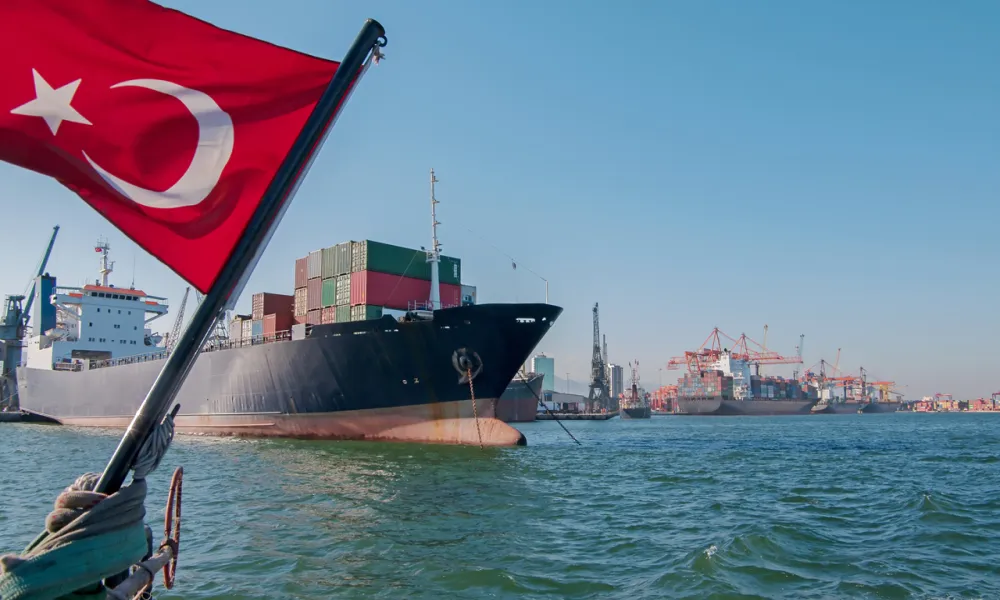Turkey’s decision to bar Israeli planes and ships from its airports and ports, marked a sharp escalation in already strained relations with Israel.
Ankara has severed trade ties, closed its ports to Israeli vessels, and barred Turkish ships from docking in Israel. It has also imposed a new requirement that shipping documents certify no military cargo is involved.
An initial announcement of a full airspace ban on Israeli aircraft was later narrowed: diplomatic sources confirmed it applies only to official flights, government planes or those carrying weapons and ammunition. Civilian passenger and cargo flights remained unaffected.
Ankara’s aim appears twofold: to project resolve and consolidate domestic support by framing its stance toward Israel as both humanitarian and national, while signaling alignment with Arab publics and seeking to rebuild influence among Sunnis and Iran.
Analysts note, however, that this is flexing rather than redrawing the regional map. The measures are more about optics and influence than about altering the balance of power. Exemptions and workarounds leave space for trade, especially via third countries.
Turkey is also allowing limited humanitarian aid missions to Gaza, in coordination with Jordan. Israel, meanwhile, is rerouting transport through Greece, Cyprus, Bulgaria, Italy, and Romania.
